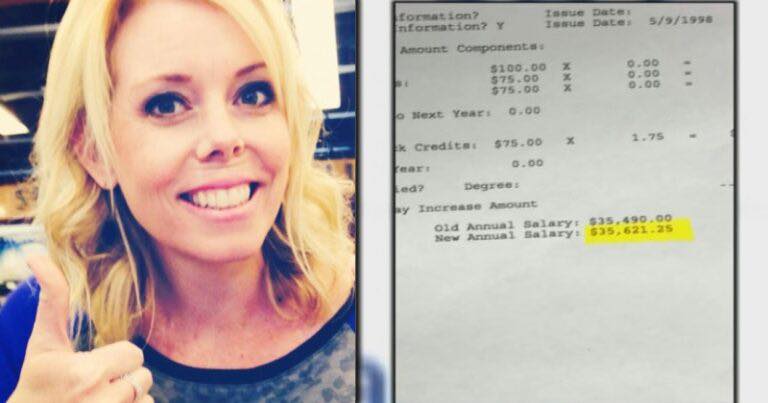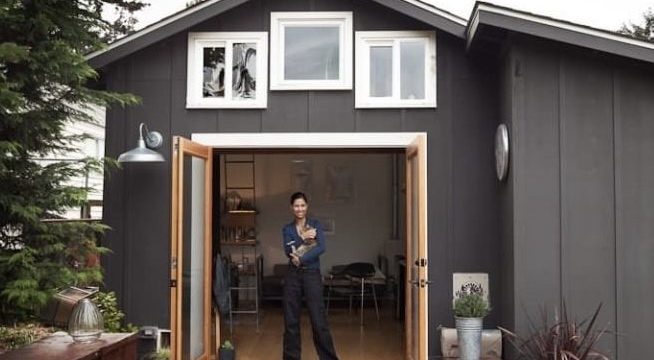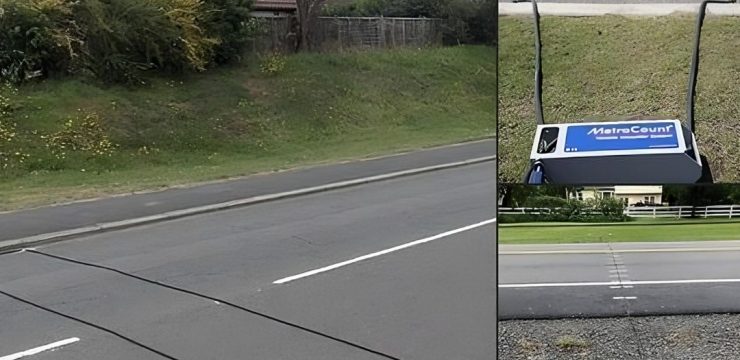In the United States, conversations about salaries, especially within public professions, are often considered private. However, when one Arizona public school teacher decided to break this taboo by posting her salary online, it ignited widespread controversy.

Elisabeth Coate Milich, a second-grade teacher at Whispering Wind Academy in Phoenix, took a bold step by sharing her pay stub on social media. Her goal was to highlight the financial struggles that many teachers face despite the years of education required to become an educator. In a country where educators frequently strike for better wages, Milich’s post added fuel to the ongoing debate about fair teacher compensation.
Her Facebook post, which was later taken down due to the flood of negative feedback, revealed that her salary had only increased by $131 in a year, from $35,490 to $35,621. “I actually laughed when I saw the old salary versus the new one,” Milich wrote. “I need a college degree to make this? I knew I didn’t make a lot, but seeing it in black and white was shocking.” Her post resonated with many, as it pointed out the harsh reality that teaching, a profession she dearly loves, is becoming financially unsustainable for many.
Although Milich’s personal salary is on the lower end, her situation isn’t entirely unique. Arizona is known for having some of the lowest-paid public school teachers in the nation. According to the National Education Association, while the average salary for teachers in Arizona is $47,218, this figure still lags behind the national average of $58,353. This stark pay gap sheds light on the economic challenges that educators face, especially in states like Arizona.
What made Milich’s post even more striking was her commentary on the hidden costs that many teachers bear. Milich highlighted that educators frequently pay out of pocket for classroom supplies, such as markers and tape, without reimbursement. Even two decades after completing her degree, she is still paying off her student loans. For her, the situation is only manageable because of her husband’s income. However, many of her colleagues are not as fortunate. “I know teachers who work multiple jobs to make ends meet,” she explained. “They teach all day and then go work as waitresses at Applebee’s in the evening.”
The financial strain on Arizona’s educators is not only affecting their current livelihoods but also impacting the future of the profession. A study conducted by Arizona State University’s Morrison Institute for Public Policy found that teacher recruitment and retention in the state has reached crisis levels. Nearly 42% of teachers hired in 2013 left their positions within three years. The study also found that Arizona’s elementary school teachers are the lowest-paid in the country, adding to the growing concern about the sustainability of the teaching profession.
Milich’s post may have sparked outrage, but it also underscored a crucial point: teaching, while rewarding in many ways, is becoming an increasingly unsustainable career. Without meaningful changes to teacher compensation, the profession may continue to struggle with recruitment and retention, leading to further crises in the education system.





